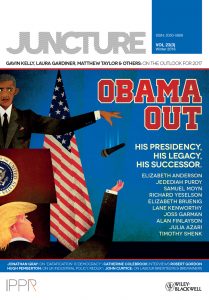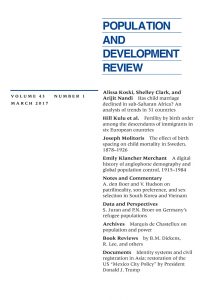Social Media: Documentation as Stratification
 The new norms of exhibitionism and copious self-documentation have been regular talking points on Sociology Lens over the past year. Consider Nathan Jurgenson’s posts, our digital culture of narcissism and facebook, youtube, twitter: mass exhibitionism online, as well as my own recent post, The Queer Politics of Chatroulette.
The new norms of exhibitionism and copious self-documentation have been regular talking points on Sociology Lens over the past year. Consider Nathan Jurgenson’s posts, our digital culture of narcissism and facebook, youtube, twitter: mass exhibitionism online, as well as my own recent post, The Queer Politics of Chatroulette.
It now seems truer than ever for many social media users (particularly, teenagers and young adults) that “If you’re not on MySpace [and/or other social media sites], you don’t exist.” Moreover, the pervasiveness of documentation throughout virtually every aspect of our daily lives has led us to start living for the documents, rather than the documents simply reflecting some aspect of our lives. Today, we must always behave as if our actions will be preserved forever and for all to see (because, most likely, they will). In the world of social media, there is no longer a “back stage” as Goffman once observed. As far as we know, there is always an audience watching our every move with rapt attention, ready to applaud or jeer at any second.
I argue that we should view this “will to document” (as Jurgenson has described it) as a new kind of habitus. Habitus (according to Bourdieu) means simply “dispositions [that are] acquired through experience.” It explains behavior that is neither hard-wired into our biology, nor simply a manifestation of conscious and rational decision-making. Success in this hyper-surveilled, hyper-documented world is wholly dependent on acquiring a set of practices that produce both a highly-visible and favorable image of oneself.
However, as Bourdieu discussed in length, habitus always works as a mechanism of stratification. The substantial literature on the “digital divide” has already demonstrated a strong correlation between access to information technology and behavior with respect to that technology. There are two major pitfalls that our culture of self-documentation creates for the underprivileged: 1.) Those who travel in “undocumented” or “under-documented” social circles risk becoming invisible to the rest of the world who are now accustomed to everyone broadcasting themselves. 2.) When people that are unaccustomed to hyper-documentation enter social circles where documentation is prevalent, they may behave in ways that are inappropriate for public record – thus creating a public representation of themselves which makes them appear as unfit for certain opportunities.
From a political perspective, there are two possible ways of confronting this new mechanism for stratification: 1.) We resist the culture of documentation altogether, hoping that the system collapses so that we can retreat into the past (I call this the Baudrillard option). 2.) We take seriously the digital divide, adopting a rights-based discourse with respect to technological access and making use of disciplinary institutions (e.g., schools) to spread this habitus (I call this the Haraway option). Critics will rightly say that the former is dangerously conservative, while the latter is oppressive. Nevertheless, I think that to do nothing is to acquiesce the growth of further national and global inequality, which is the least morally tenable option of all.
![]() “An Online Alias Keeps Colleges Off Their Trail” by Sarah Maslin Nir
“An Online Alias Keeps Colleges Off Their Trail” by Sarah Maslin Nir
![]() “The Taste for Privacy: An Analysis of College Student Privacy Settings in an Online Social Network” by Kevin Lewis, Jason Kaufman, Nicholas Christakis
“The Taste for Privacy: An Analysis of College Student Privacy Settings in an Online Social Network” by Kevin Lewis, Jason Kaufman, Nicholas Christakis



1099-0860/asset/NCB_logo.gif?v=1&s=40edfd0d901b2daf894ae7a3b2371eabd628edef)

As an individual in the age group (though it is broadening) that desires to be constantly connected to online forums where documentation is a possibility (facebook, twitter), I think you make some very valid points.
As someone who will admit to checking her facebook multiple times a day, I think that there is definitely a contingent of facebook (and twitter, but mainly facebook) users who have come to “live for the documents,” rather allowing these forums to be a convenient way to share experiences with others. And it is evident in the way some individuals present themselves on these sites.
While I agree that our relationship with these sites and the need to constantly document/the shift to “living for the documents” is a form of habitus, I think this characterization is problematic. Facebook and Twitter are not naturally occurring phenomenon. It is frightening that lives and activities are now shaped around the ability of one to document them. Personally, I don’t want social networking sites to be eliminated, but I think they are largely problematic in that they now permeate every area of our lives. I can know what friends did over the weekend even if I wasn’t with them through pictures, comments, and status updates. Sure, these sites are great in terms of keeping in touch with friends, planning events, and sharing information, but I think we have allowed them to become too invasive.